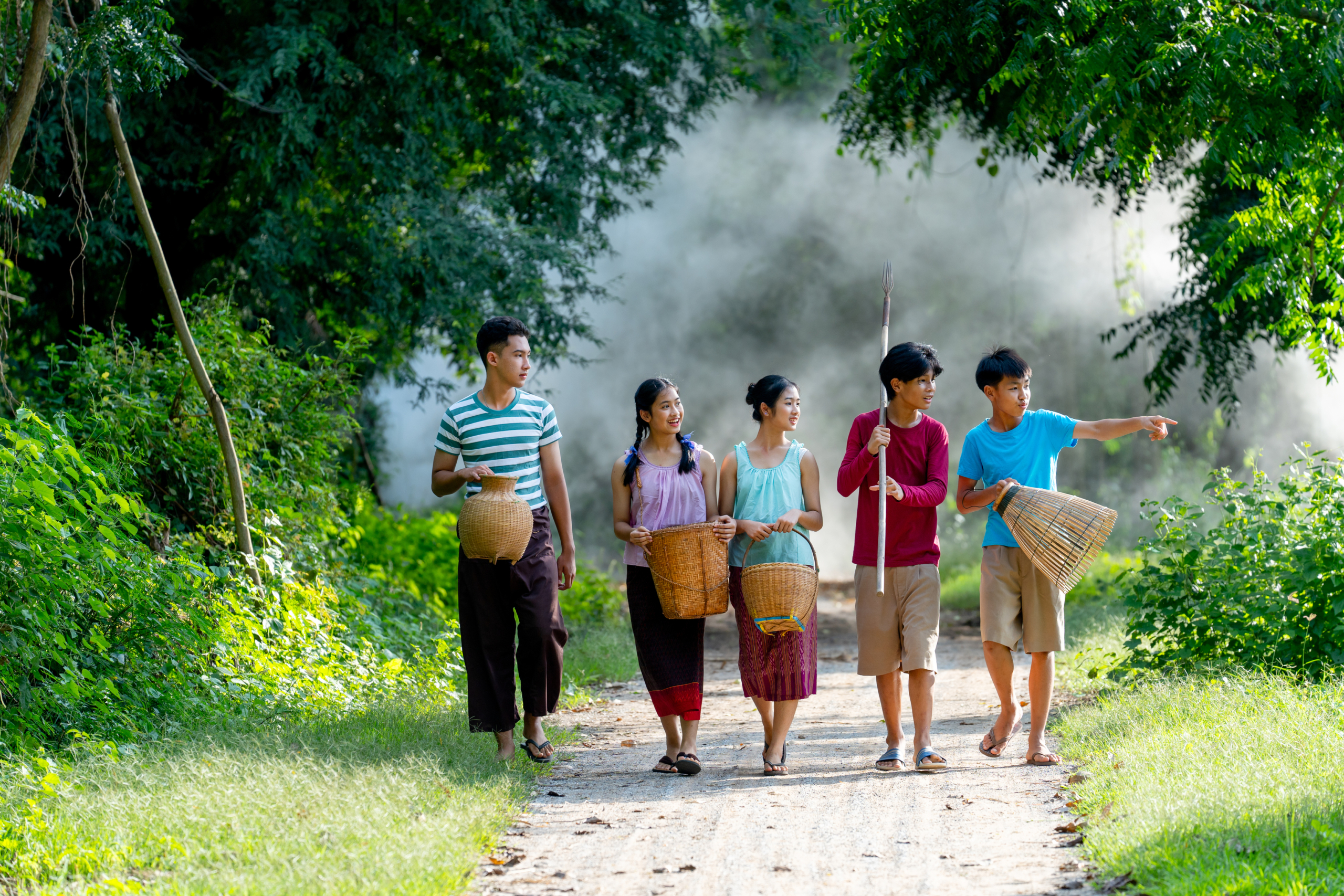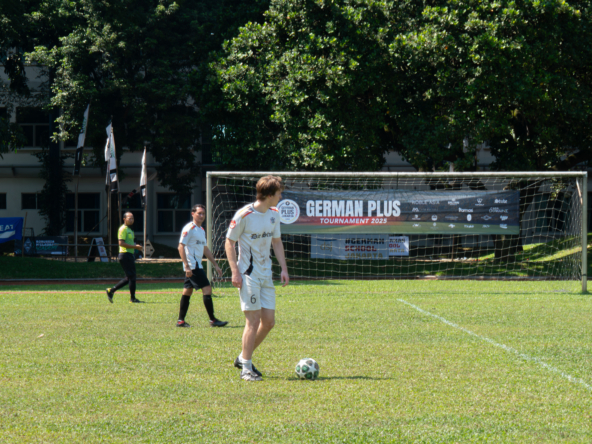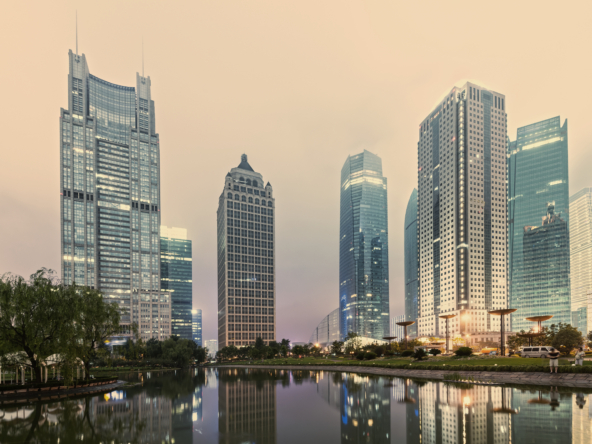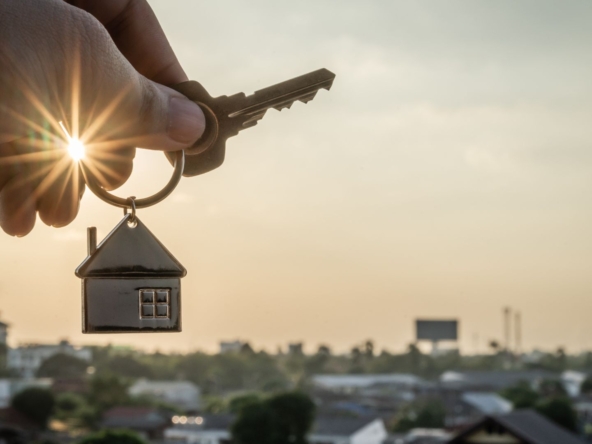Culture is more than just a word; it’s the essence of who we are. For me, culture has always been a central part of my life, deeply woven into my identity through the diverse heritage of my grandparents—Indonesian, Japanese, German, and Swedish. Growing up amidst this rich tapestry of cultures, I experienced firsthand the challenges and beauty that come with navigating different beliefs and traditions.
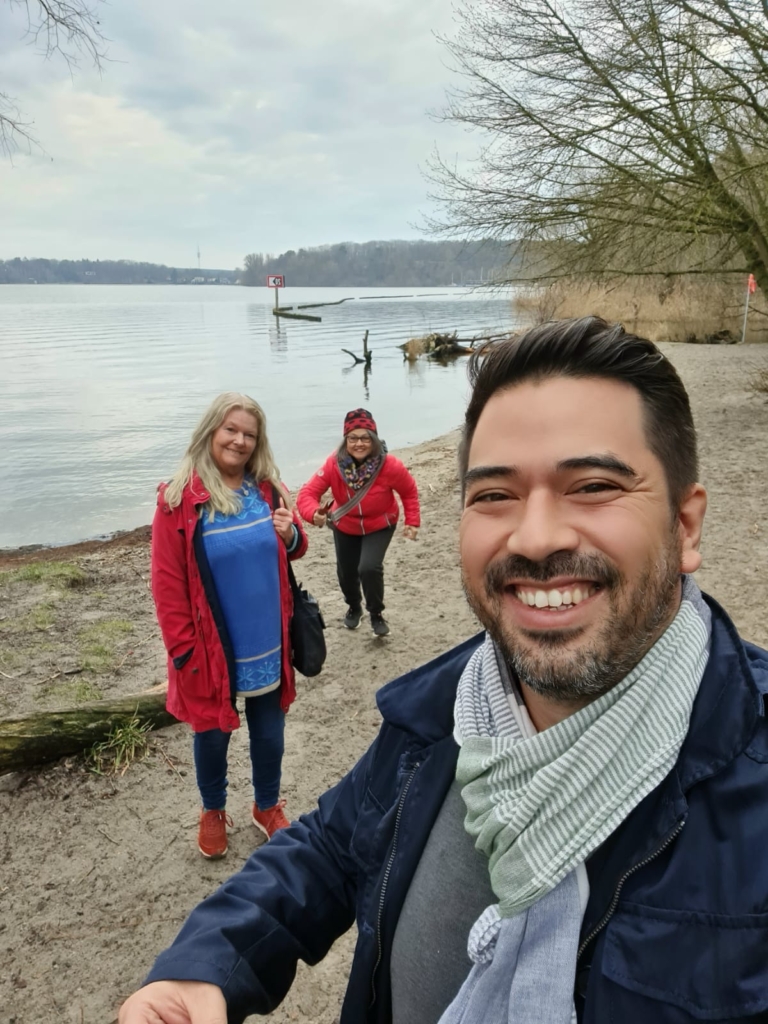
I was born in Berlin and raised by my blond, blue-eyed mother. My passport is German, and having lived in Germany for almost 30 years, I would say I am German. But the thing is… I don’t look German. I neither look Indonesian nor Japanese. Often, people guess that I am more South European or Arabic. As a child in Germany, I was frequently asked where I was from. Saying I was German was not accepted, and people would dig deeper to find out where I was really from. To simplify things, I began to say I was Indonesian, despite never having been to the country.
When I was 10 years old, my father took me to Indonesia for the first time for summer holidays. It took only a few minutes for me to realize that I was not truly Indonesian either. In my father’s neighborhood, while visiting my Indonesian family, people came out of their houses like a small mob, touching my hair and nose, and calling me “Bule,” which translates to “foreigner” in Indonesia.
That was in 1990, and I can tell you, Indonesia was a true paradise at that time. Kids swam in the river, there were various species of fish to catch, and food packaging was generally banana leaves.
Those who know Indonesia will understand my shock when I returned in 2009, almost 20 years later. I remember looking out of the plane window at scattered buildings covered in gray smoke. I arrived just four days before Idul Fitri, and from the airport, it took us more than 10 hours to reach Kuningan Cirebon by car, driving through a flood of people—I had never seen traffic like that before. Another significant change I noticed was that, in 1990, I didn’t recall seeing any family members or people on the street wearing a hijab. By 2009, it seemed that most of the women I saw on the streets, and in the villages we visited, were wearing hijabs. Not that I minded, but it was a noticeable shift.
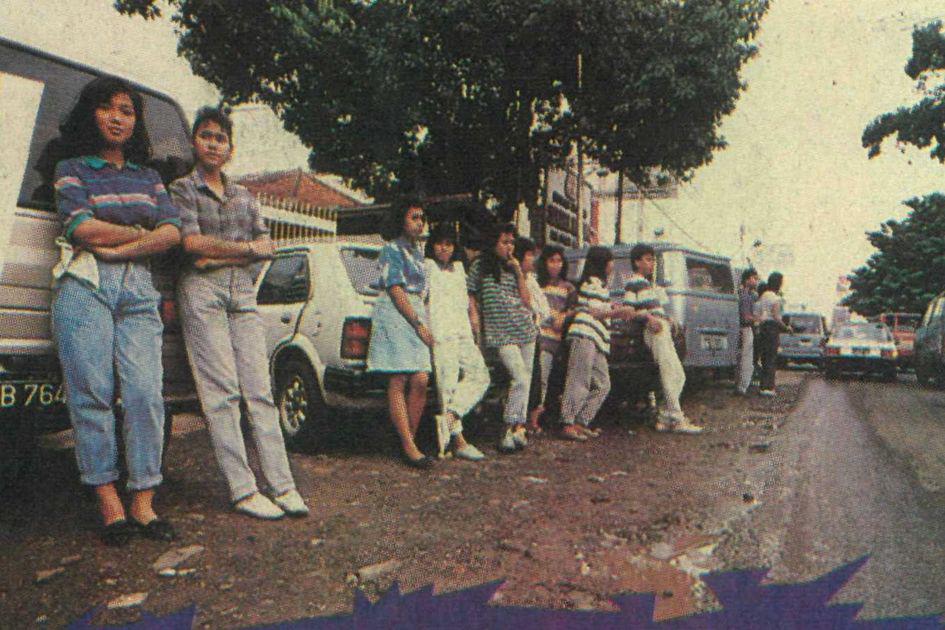
Even though it is a sensitive topic, discussions about culture must also incorporate religion. When I was 13, my Indonesian father married my Indonesian stepmother and brought her to Berlin. That was also the first time I actually lived with my father. With my stepmother becoming part of my new home, Islam became a constant presence, offering advice on how I should live my life, which I struggled to understand or practice at the time. I respected this advice, but it became a sensitive issue for my German mother, who is completely atheist. I recall lying in a hospital bed after a drunken accident, with my stepmother advising me to drink less and pray more, while my German mother came to my room shortly after with a magazine featuring a blonde woman in a veil on the cover, with a headline declaring that Islam suppressed women.
This is how I grew up, and how my journey between cultures began the moment I was born.
Culture Beyond Borders: The Clash Within
Culture is often seen as something grand and distant, something that separates different nations and ethnicities. We picture it as exotic practices and unique customs from faraway lands. However, cultural clashes don’t always play out on a big, international stage. Sometimes, they happen right in our own homes and communities, in the everyday interactions between generations, beliefs, and lifestyles.
Growing up in Berlin during the 1990s, I was deeply involved in a cultural moment that celebrated a particular image of cool. Movies like Menace II Society and Boyz n the Hood were more than just entertainment; they were a huge part of our culture. On the streets, the hip-hop scene and the gangster lifestyle were not just admired—they were something to aspire to. For me and my friends, this wasn’t just a trend; it was a way of expressing who we were and rebelling against the ordinary.
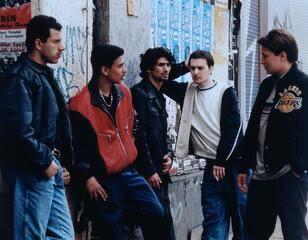
Compare this with Indonesia, where I found that such ideas didn’t really fit in. In Indonesia, the gangster image didn’t have the same appeal. The local values and societal norms were different, and the idea of being a gangster didn’t resonate the same way. This showed how cultural values, even among people of the same age group, can vary widely depending on where you are.
But cultural clashes aren’t only about big differences between countries. They also happen in our personal and immediate surroundings. For example, think about the differences between older and younger generations within families. The clash between traditional values and modern ideas is a small-scale reflection of broader cultural conflicts. This can lead to disagreements about everything from fashion to career choices, showing the struggle between keeping old ways and embracing new ones.
Political views also create cultural conflicts. The divide between left-wing and right-wing beliefs often comes from different views on how society should be run. These differences can influence everything from social policies to personal relationships. For example, debates about climate change, social justice, and economic fairness can reveal deep divides in how people see the world and interact with each other.
Religion plays a big role in cultural clashes too. Different religious beliefs can lead to misunderstandings and conflict. The tension between secular (non-religious) and religious values can show up in many aspects of life, from dress codes to food choices. These conflicts aren’t just ideas—they affect daily life and personal relationships.
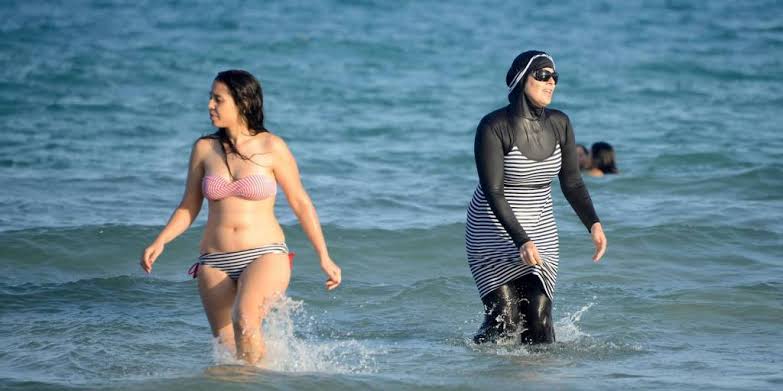
Even within the same community or country, cultural conflicts can come from changes in social norms. For instance, changes in how people view gender roles, marriage, and family life can create tension between those who accept new ideas and those who stick to old beliefs.
From my own experience, I’ve seen how cultural clashes can occur on a personal level, showing broader societal conflicts. Whether it’s the contrast between the gangster image of 90s Berlin and the cultural norms of Indonesia, or the generational and ideological differences within families, these clashes highlight the complexity of culture. They remind us that culture isn’t just something far away but a lively and changing part of our daily lives.
Understanding these internal conflicts helps us see our own cultural experiences more clearly and can build greater understanding for the diverse ways people live and think.
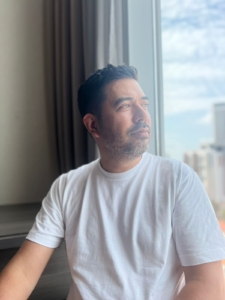
Papa Berlin
Jerome Prijatman or knows as "Papa Berlin" a German-born author with a rich cultural background, having an Indonesian father and a German mother. With over 15 years of living experience in Indonesia, Papa Berlin brings a unique perspective to his writing. His background in hospitality and Design management further enhances his insights, making him a valuable contributor to Noble Asia's content.
